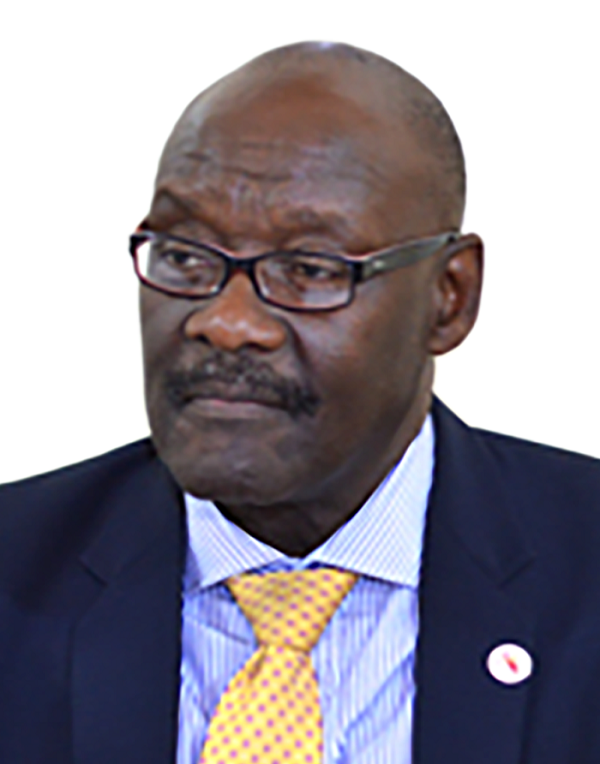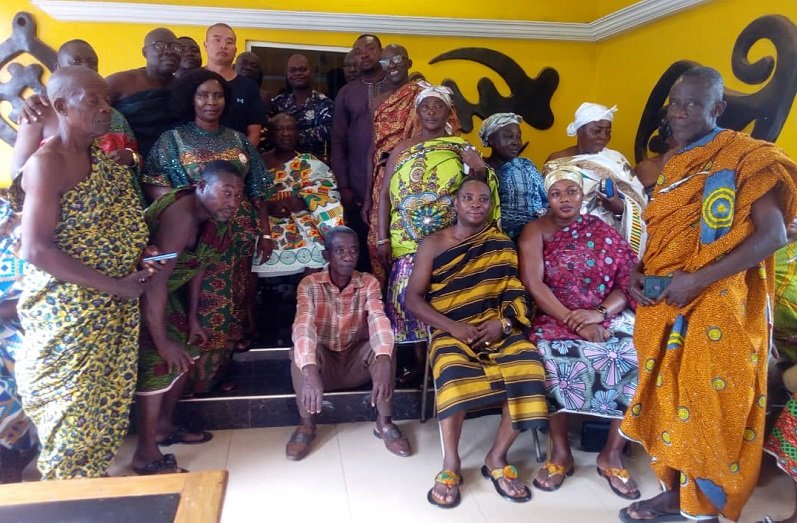ARTICLE AD
Manganese ore possesses significant potential for various sectors of the Ghana’s economy, including the metal, automotive, and agricultural industries on a global scale, the Manager, Social Responsibility, Ghana Manganese Company (GMC), Wisdom Adjei Mensah, has revealed.
Manganese, he said, had a very huge commercial uses, stating that, “without manganese, you can’t have steel, because it’s a component that helps in strengthening steel.”
Mr Mensah made these revelations when the Journalists for Business Advocacy (JBA) went on mine tour organized by the Ghana Chamber of Mines (GCM) at Nsuta in the Western Region.
He stated that manganese played a significant role in battery manufacturing and was also utilised as a pigment in fertilizers, stressing that manganese was an essential component of fertilizers.
He indicated that the soil in Nsuta was exceptionally fertile, noting that the leaves remain green even during the dry season.
“We are indeed fortunate. Regarding alloys, which are combinations of metals, manganese is indispensable for their production. Additionally, there exists a specific chemical known as potassium manganese,” Mr Mensah explained.
In terms of global manganese consumption, he stated, approximately 75 per cent of the manganese produced is utilised by the steel industry, while 20 per cent was allocated for battery production, and the remaining 5 per cent was used in fertilizer manufacturing.
On the current business outlook for GMC, he noted that the company had made significant investments in large fleets supported by advanced technology, which includes heavy-duty equipment, excavators, and dump trucks.
He emphasised the necessity of finding effective means to transport these materials to the market in Takoradi.
He pointed out that while transporting materials by rail would be advantageous from a business perspective, the considerable challenges in meeting set targets have compelled them to rely on road transport.
Mr Mensah further stated that GMC is the sole commercial user and service provider for the Ghana Railway Company (GRC), saying that, “With a haulage distance of only 63 kilometres between the mine and the port, the company is convinced that railway transport should ultimately be the preferred option. However, due to years of underinvestment in the Western rail line, the majority of the ore is currently transported by road over a distance of 92 kilometres.”
He mentioned that despite these challenges, GMC had developed strategies to ensure that the announcement of value addition initiatives was successfully implemented.
Regarding the new GMC refinery project set to commence on November 25, the General Manager, Joseph Ampong, indicated that it aimed to upgrade the existing low-grade carbonate manganese into a product of higher value and improved marketability.
He said the first phase of the project was anticipated to be completed within 24 months and would include the construction of a 45MW natural gas power plant and a mechanical power transmission refinery.
“The expected cost for this phase is approximately $240 million, with phases two and three projected to bring the total investment in the refinery to $450 million. GMC currently produces between 20 to 30 million tons, but with ongoing exploration improvements, they are now estimated to have over 50 million tons in reserve, in addition to what has already been mined,” he explained.
Mr Ampong further elaborated that the project would also involve associated logistical investments in a dedicated mineral railway line and the utilisation of the Port of Takoradi to enhance GMC’s operational capabilities for future manganese ore exports.

 3 weeks ago
15
3 weeks ago
15 

